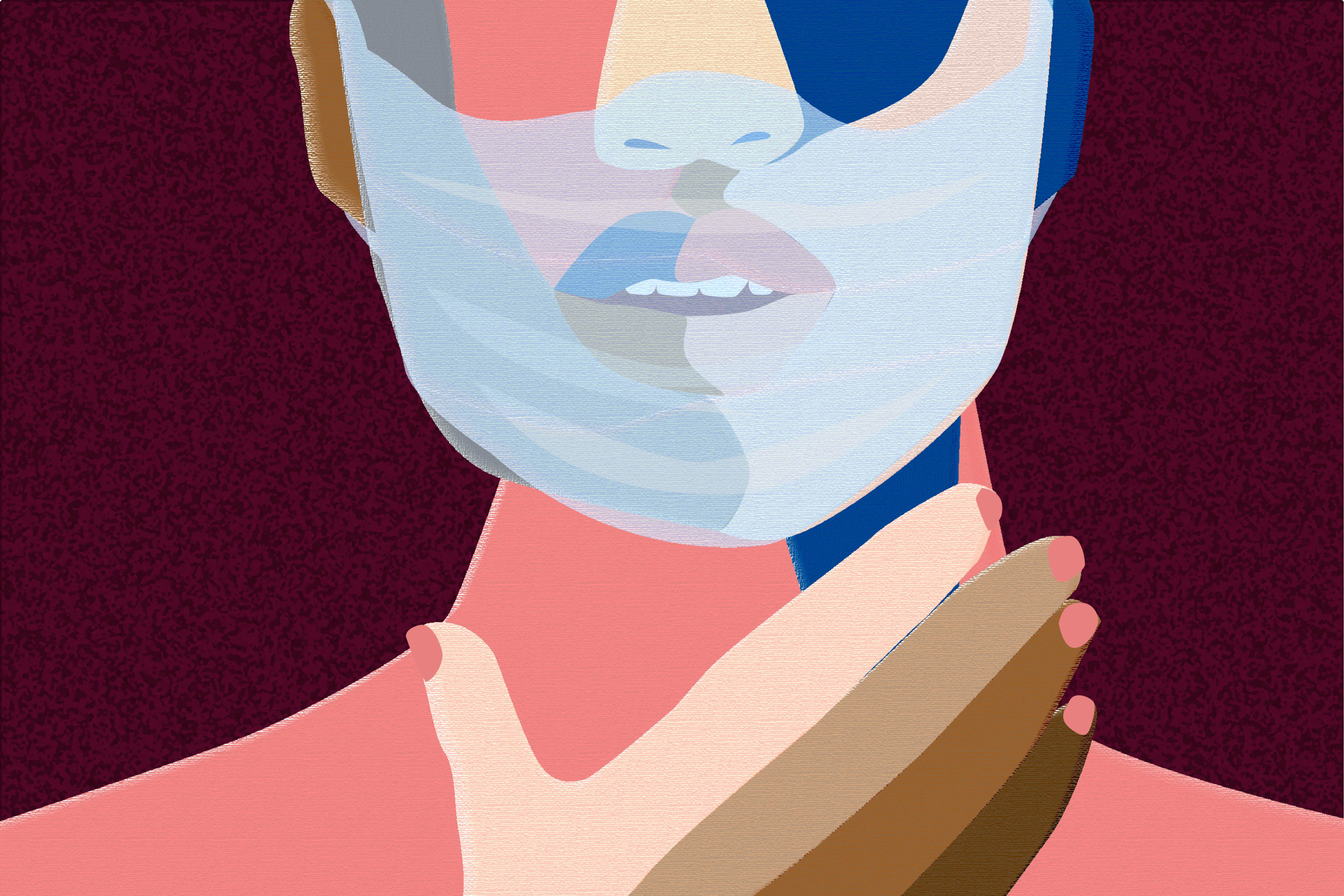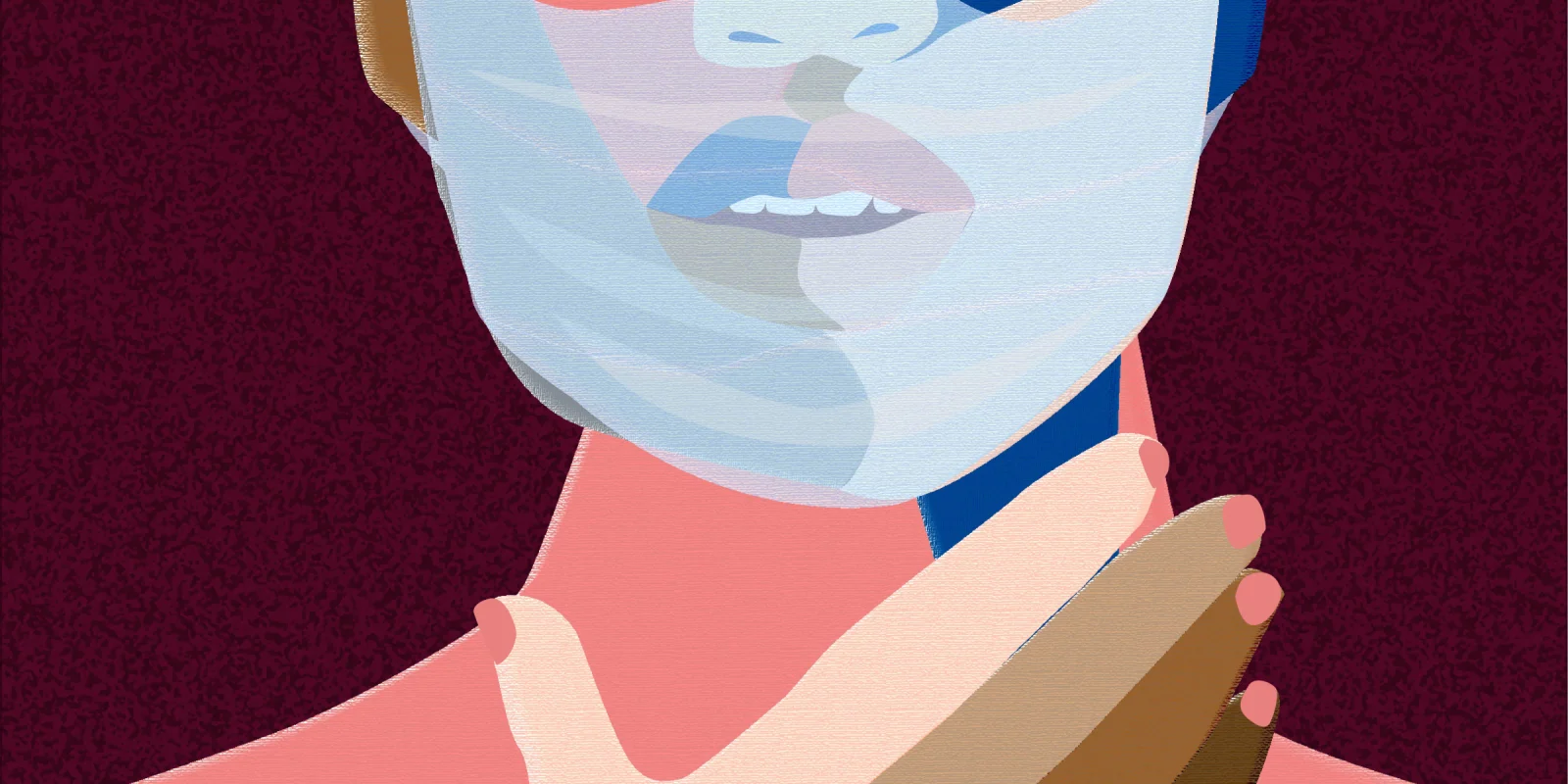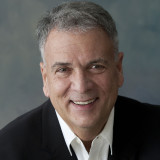
“I can’t breathe.”
Are there really three more terrifying words in any language?
As physicians and medical professionals we have heard them countless times. We may have uttered them ourselves. I know I have. They were my first words even before I could speak, suffering in the relatively Dark Ages of 1955 with what was then called Hyaline Membrane Disease, what we currently refer to as Infant Respiratory Distress Syndrome. It’s quite treatable now but it wasn’t then. So it’s possible I may have an innate personal sensitivity to the words.
“I can’t breathe.”
I was born a blue baby in a pink world. Not even blood, it seems, is color-blind. There were no infant ventilators at that time. There weren’t even infant endotracheal tubes. There was oxygen and there were incubators. And prayer. You can take your pick on which was most effective.
“I can’t breathe.”
I’ve said it twice since then. Once upon awakening from a sternotomy operation for a baseball-sized thymoma and again a few years later, in the throes of an acute and crushingly painful myocardial infarction.
“I can’t breathe.”
But beyond the words themselves, is there a more terrifying human experience? Breath suffuses our very existence. Our “one job” postpartum is to breathe and it’s why evolution wisely didn’t leave it up to us to remember to do it on our own. We have to try hard not to breathe for more than a few seconds. Those little pea-sized respiratory centers tucked away in the depths of our medulla oblongata drive us, with the force of a jockey’s whip, to take that next breath. Because the difference between surviving and perishing, between inspiring and expiring if you will, always comes down to just that – taking the next breath.
Tasked with delivering acute medical care, “I can’t breathe” is never a complaint taken lightly. The phrase all but screams that time is now of the essence, even if screaming is the last thing the sufferer is capable of doing. When doctors hear those three words, they immediately spring into action. Stabilizing, diagnosing, and treating all in rapidly sequential synchrony. A is for Airway. The beginning of the alphabet of resuscitation and also the sine qua non. Without breath, eventually, only oblivion awaits.
“I can’t breathe.”
It is never just a complaint. It is always a cry, a plea, a call for help, perhaps the most human one of all, uttered only in desperation. It is a call we answer our entire professional lives regardless of what or where we practice, regardless of whom or how we treat. You can deprive a person of almost every conceivable privilege and they will somehow endure – every one, that is, except breath.
Think of the breathless patients you have cared for and you can’t help but remember the terror on their faces, the mortal fear in their eyes. Picture in your mind the young woman in the throes of an asthmatic attack; the child with a swollen epiglottis on the cusp of obstruction, the old man in heart failure drowning in a saltwater sea of his own making. Who hasn’t held their own breath at the sight of someone so direly afflicted and paused, for the briefest of moments, to consider what lengths we will have to go to in order to make sure that, in this instance, it is air that becomes breath?
In most settings we have anything but the luxury of time. Our own breathing quickens, our own heart races a little. Will a simple sweep of the oropharynx do the trick? If not, then perhaps a mask, or a bag, or will we need a tube that can reach beyond the glottal gates and into the tracheal tree? In the worst of cases, we know we can cut between the circular cartilages, trying to ignore the blood and the bubbles, and deliver breath in a way nature never intended. But one that it will gratefully accept.
As I watch events unfold, I am struck by how physicians have been inexorably drawn in by the very nature of the twin crises which currently rage all around us. Whether we interpret it as a chief complaint or as a rallying cry, “I can’t breathe” defines both the COVID-19 pandemic and the abuses of social justice. One sets off a cytokine storm, the other its societal equivalent. Regardless of our politics or our polemics, it is a call that we cannot shrink from or ignore. The novel coronavirus will eventually yield to our anamnestic cellular response and a vaccine that will mitigate its lethal effects. The ills that have always plagued civilization, however, will not be so easily or rapidly conquered. We cannot allow ourselves to become immune to the equally devastating effects of injustice, brutality, poverty, and inequality.
As physicians we are, above all else, healers by trade and by training. Our responsibility to our society, to humanity in general, is inseparable from our responsibility to each of our individual patients. We can try to stop the spread of one disease by covering our noses and our mouths with masks. With the other we must not give in to the urge to also cover our eyes.
Daniel Waters, DO, MA recently retired from active practice after three decades in cardiothoracic surgery and medical education. Dr. Waters is a 2019-2020 Doximity Fellow.
Click here to see more perspectives on COVID-19 from the Doximity network.
Click here for up-to-date news about COVID-19 on Doximity.
Illustration by Yi-Min Chun







